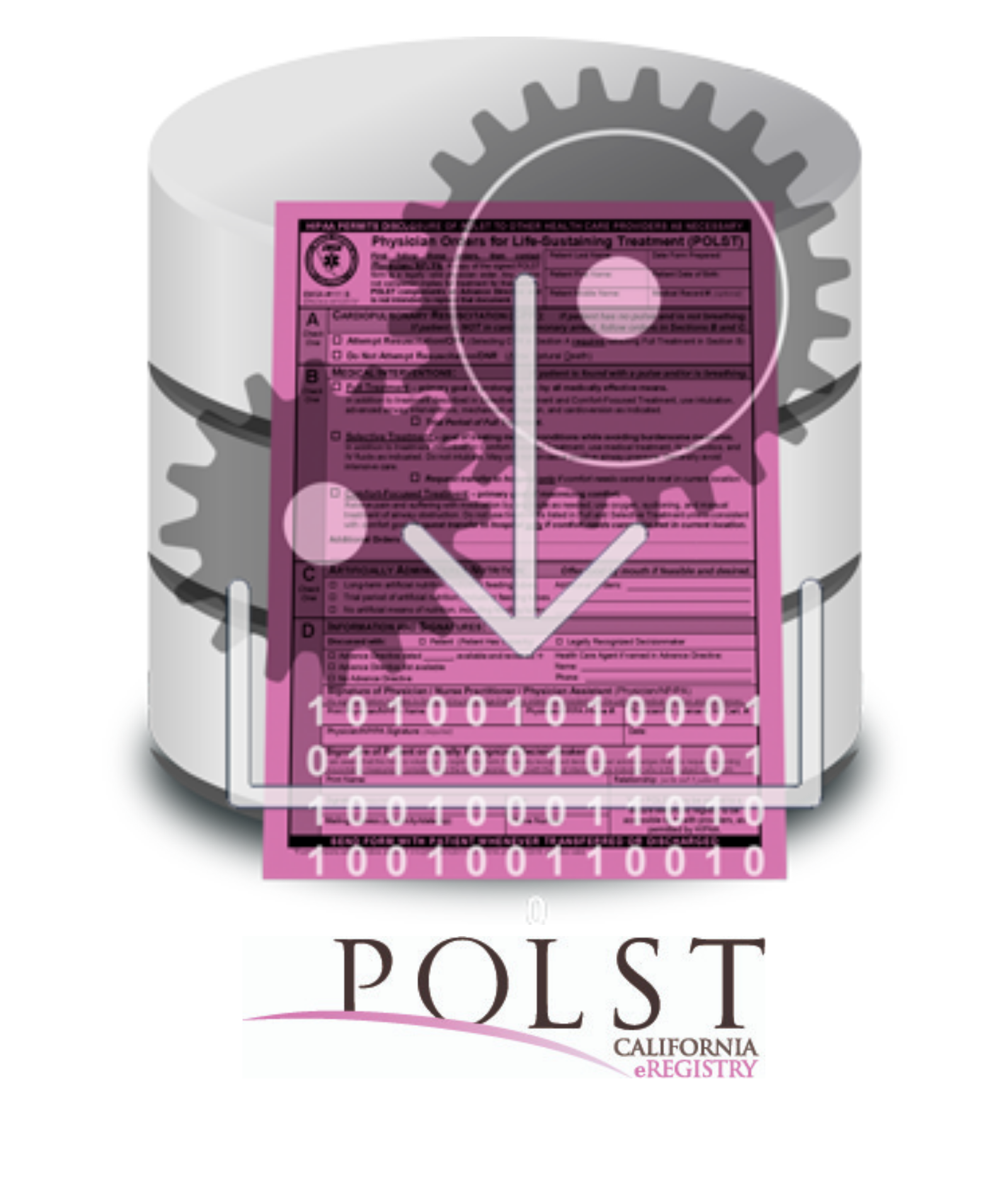
The Coalition for Compassionate Care of California (CCCC) recently achieved a long-held goal to secure funding in the state budget to support a statewide POLST registry and enhance the POLST ecosystem. While we should take a moment to celebrate our success, we can’t lose sight of the fact that there is still a tremendous amount of work to be done before the registry is fully operational and healthcare providers will be able to access a patient’s most current POLST from anywhere in California.
The 2021-2022 state budget contains a one-time allocation of $10 million to establish a statewide POLST registry and an annual appropriation of $750,000 to prepare POLST providers and consumers for the registry. The Emergency Medical Services Authority (EMSA) has been named the state agency in charge of the funding and project. (Read our
July 19 Blog post to learn more.)
In late July, shortly after Governor Newsom signed the budget trailer bill (AB 133), EMSA was already reaching out to CCCC for background information and statistics regarding the California POLST program. During this initial phase of work, EMSA will be determining project staffing, fleshing out the budget, developing work plans, and determining how the registry project fits within the framework of other EMSA projects and responsibilities. The budget allocation does not specify a registry vendor or even a proposed structure – those aspects will be determined at a later date by EMSA in consultation with stakeholders like CCCC.
The
POLST registry pilot program taught us that a registry is not just a technology solution. POLST quality must also be addressed before and after a registry is created to ensure that the information entered into the registry is current, actionable, and accurately reflects the wishes of the patient.
POLST is designed to travel across different care settings – home, assisted living, nursing home, clinic, physician’s office, the ER, hospital and hospice. Along the various points of contact, there are numerous opportunities to demonstrate and impact quality, including conversations around serious illness and POLST, electronic POLST form standards, provider training curriculum, community outreach and engagement, reimbursement, and regulatory guidelines. CCCC is the only entity that intersects with all aspects of the POLST eco-system, and we anticipate working closely with EMSA to prepare the POLST eco-system for the registry. There will also be many opportunities for providers to play an active role in strengthening POLST in California, and CCCC will look to serve as a conduit for that work.
Stay tuned! CCCC will provide updates and information on this project as they become available.